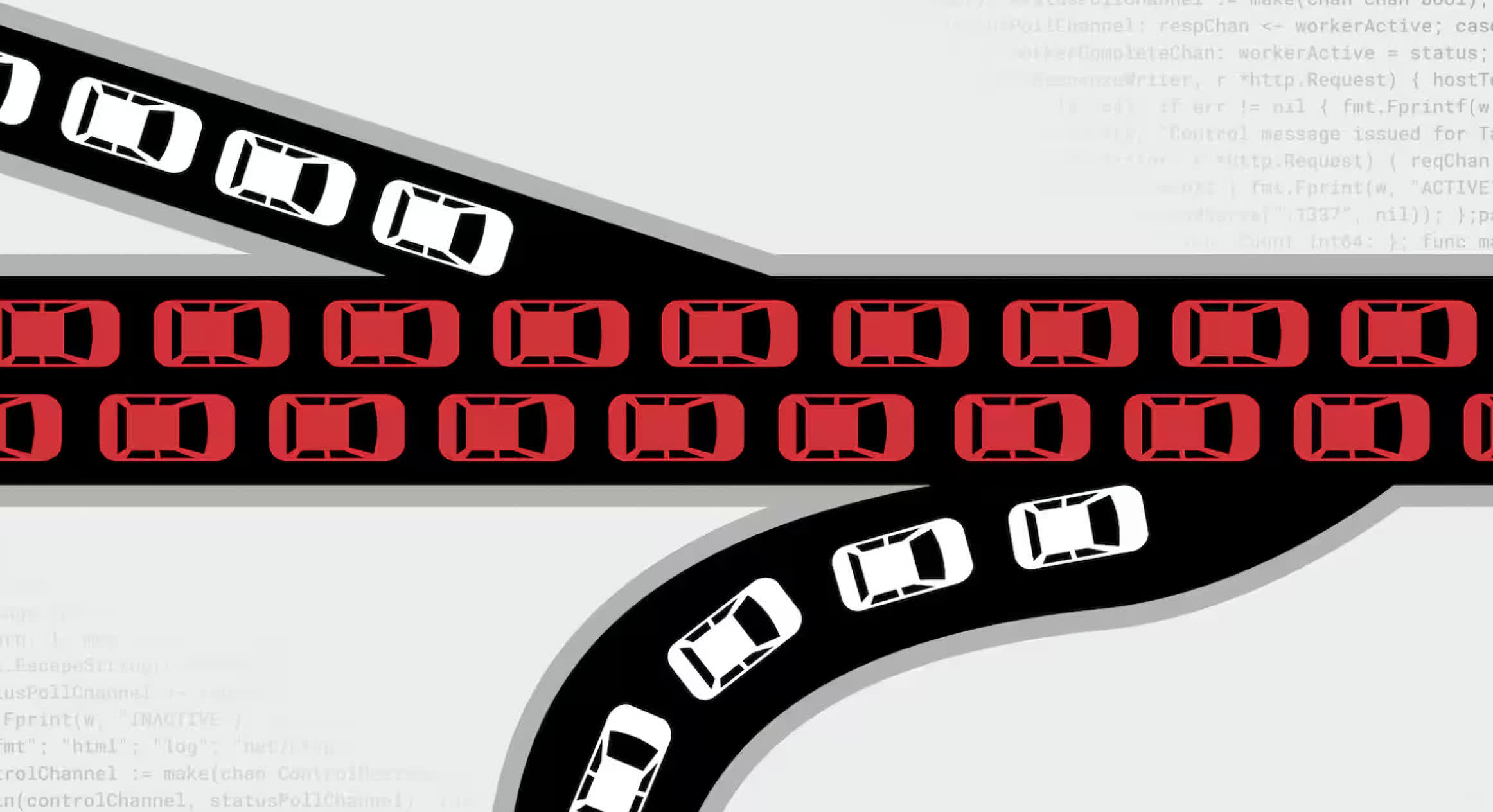In a nutshell: The Internet Archive, the non-profit digital depository that preserves all sorts of media, is in the midst of an intermittent distributed denial-of-service attack. Chris Freeland, director of library services at the Internet Archive, said in a post on May 28 that the library was in its third day of warding off an attack. The library's collections are safe, staffers report, but access to material – including the Wayback Machine – is inconsistent.
Freeland said the attacks started on Sunday, and involve launching tens of thousands of fake information requests per second in an attempt to disrupt access to the site.
Brewster Kahle, Internet Archive founder and current digital librarian, said they are actively hardening their defenses to provide more reliable access to their collections. "What is new is this attack has been sustained, impactful, targeted, adaptive, and importantly, mean," Kahle added.

According to Freeland, attacks against online libraries and knowledge bases are becoming more common. The Berlin Natural History Museum, Ontario's London Public Library, the British Library, and the Solano County Public Library in California have all been targeted recently.
Kahle founded the Internet Archive in 1996 with a mission to provide universal access to all knowledge. In the nearly three decades since, the non-profit has amassed a huge collection of archived content including snapshots of more than 866 billion web pages, 10.6 million videos, 4.8 million images, 15 million audio recordings, and a million software programs. The IA is also committed to creating digital backups of physical media, and has more than 44 million books and texts in its collection. Its digital book-lending program landed the non profit in hot water, and it is still trying to recover.
Related reading: Vanishing act: A quarter of all web pages that existed between 2013 and 2023 are gone
The IA says it serves millions of visitors daily, and is regularly among the top 300 most popular websites in the world. A single copy of its collection consumes roughly 145 petabytes of space, and they make a habit of maintaining at least two copies of everything.
Image credit: Akamai
